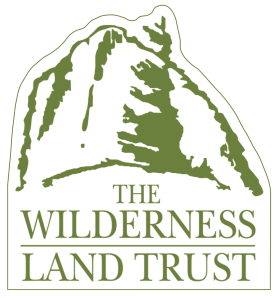The Meaning of Wilderness
 This winter as our staff gathered for our annual retreat we sat around a picnic table under the California sun, listening to the far-away crash of waves against the shore. We started our time together with a simple question: “what does wilderness mean to you?” And one by one we shared the stories and beliefs that have driven us all to this work. Not surprisingly, given our diverse backgrounds and experiences, we all had a different answer, and what followed was an inspiring conversation of what connects us, as individuals and a collective, to the wild places we love, and what we hope to leave behind for our children and their children. We look forward to hearing what wilderness means to you!
This winter as our staff gathered for our annual retreat we sat around a picnic table under the California sun, listening to the far-away crash of waves against the shore. We started our time together with a simple question: “what does wilderness mean to you?” And one by one we shared the stories and beliefs that have driven us all to this work. Not surprisingly, given our diverse backgrounds and experiences, we all had a different answer, and what followed was an inspiring conversation of what connects us, as individuals and a collective, to the wild places we love, and what we hope to leave behind for our children and their children. We look forward to hearing what wilderness means to you!
Wilderness is a necessity. Wilderness protects the ecosystems that provide the clean air and water vital to all life. Wilderness is necessary if we are to rise to the global challenges of climate change and biodiversity loss that we are facing. And it is a necessity to the human spirit, a unique source of inspiration, humility, connection, and solitude.
Wilderness is dynamic. We sometimes think of wilderness as preserving the world how it was, but wilderness is dynamic and ever changing. Whether it is the transition between seasons, an ecosystem rebuilding itself after wildfire, habitat slowly shifting due to a changing climate, or a new generation of adventurers experiencing it in a different way, wilderness is always changing. In protecting it we are not just preserving what was, we are giving it the space it needs to change with the natural cycles that have governed it for millennia.
Wilderness is a refuge. From hundreds of endangered species holding on in the most remote corners of wilderness, to you and me, wilderness provides a refuge from many of the pressures of a fastchanging world and daily life. It is a refuge from the built human landscape that surrounds it, welcoming all who need room to roam free from development, roads, and fence lines.
Wilderness is a legacy. The Wilderness Act was passed almost 60 years ago, but it is part of a much longer legacy of protecting wild places in the U.S., stretching back to the establishment of our first National Park in 1872 and far beyond that with the kincentric management practiced by native peoples for thousands of years. Wilderness is a legacy we have inherited from all those who have worked to establish it, and it is a legacy we continue to work to protect for generations to come.
Wilderness is for everyone. Wilderness is a collective ideal, meant to benefit us all, not profit the few. There are still barriers to inclusion and accessibility which we need to bring down, but at its core wilderness is for everyone. It has the capacity to hold different kinds of relationships with the land, from indigenous knowledge and deep belonging to a child’s first time seeing the night stars. Its plurality is one of the most magical things about wilderness – it can mean so many things to so many different people.


